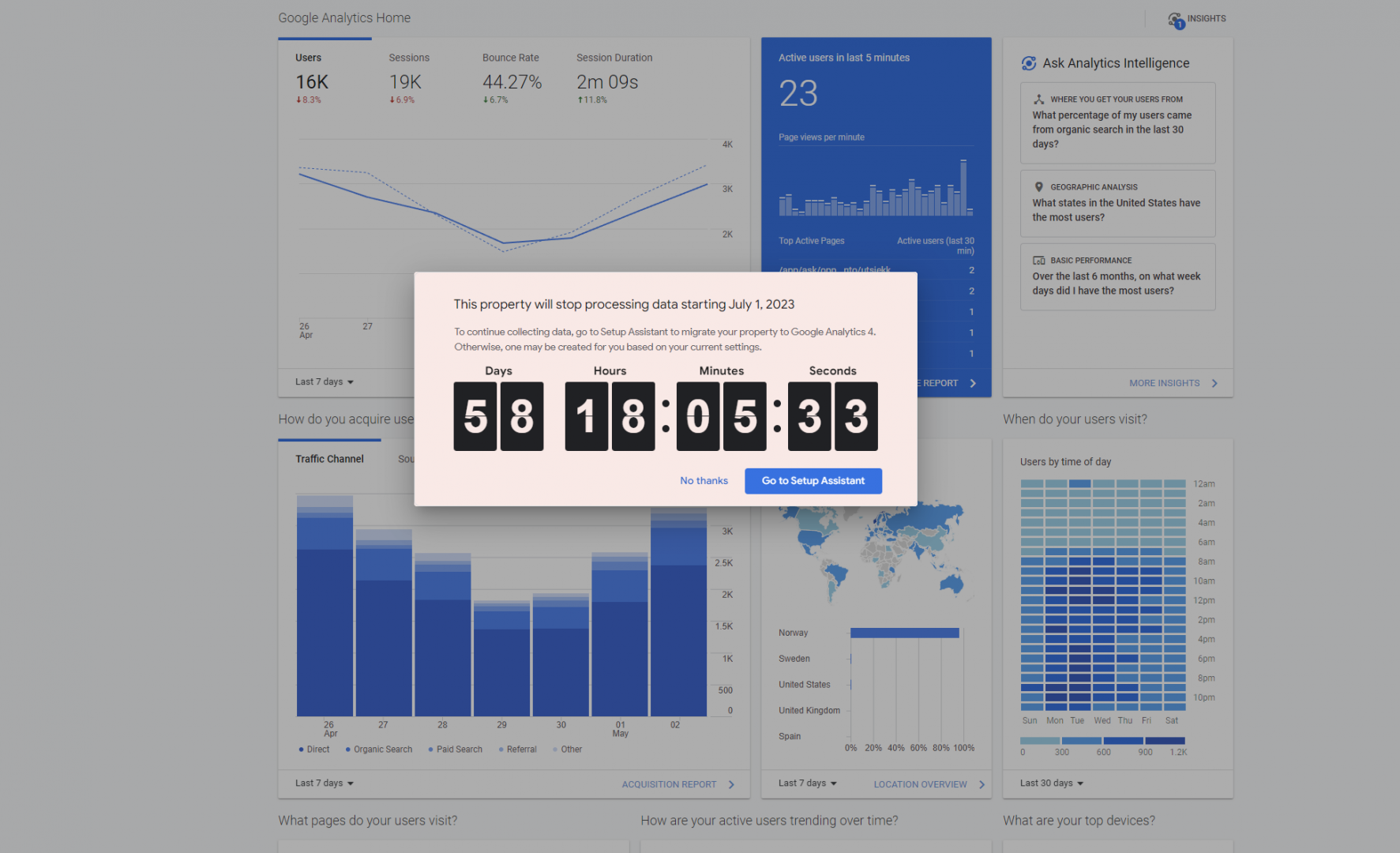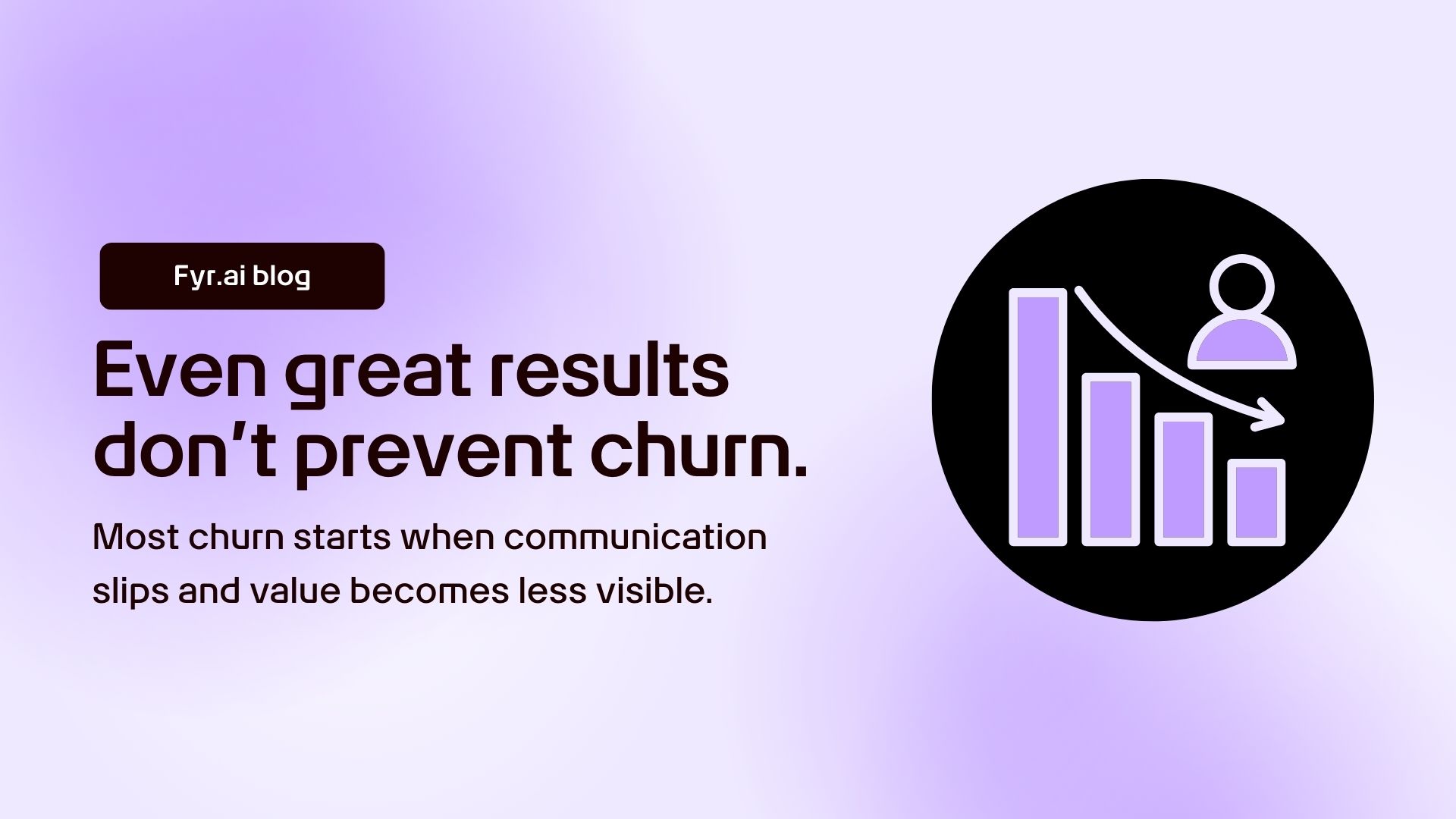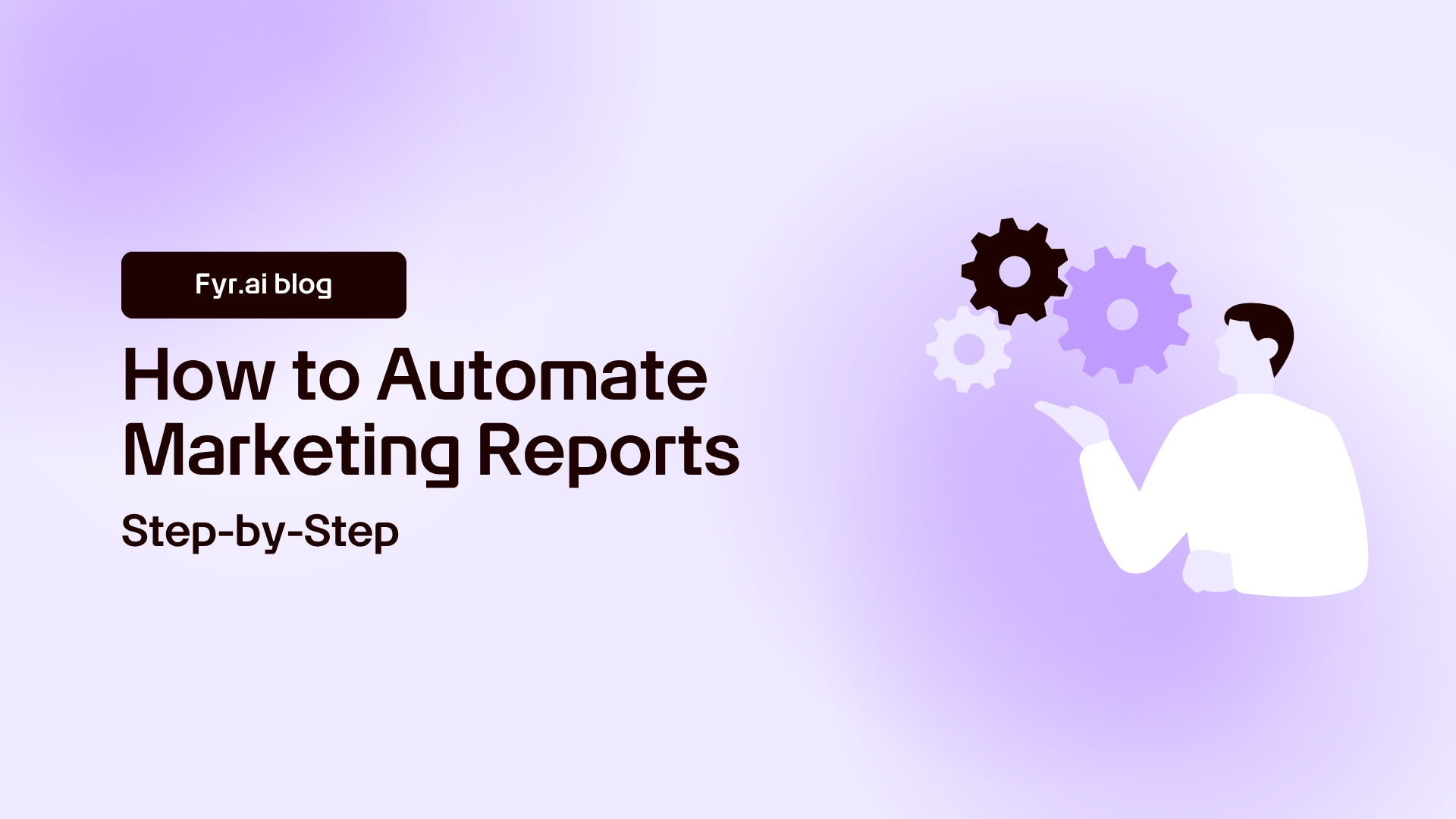Are you prepared for the new era of website analytics with Google Analytics 4 (GA4)? Regulatory bodies across the European Union have flagged Google’s Universal Analytics solution for breaches with the GDPR (General Data Protection Regulation), and problematized the processing and storage of data in the US.
Google has in turn decided to sunset their decade old product, and introduced a new tool, Google Analytics 4. While Google says this new solution is in compliance with GDPR, there are still concerns. In this blog post, we will explore how proxy servers may play a critical role in ensuring GDPR compliance and data privacy with GA4.
What is Google Analytics 4?
Google Analytics 4 is the latest version of Google’s web analytics tool that captures user behavior on websites and apps. GA4 uses machine learning to provide more accurate tracking of user behavior across different devices and platforms.
Why is GDPR Compliance important?
The intention behind GDPR is to protect the privacy of individuals’ personal data. If your website targets EU or EEA users or collects their personal data, you must comply with GDPR. Essential to GDPR compliance is the concept that the user must agree to give specific, informed and unambiguous consent to their data being collected with a legitimate reason for processing. Failure to comply can result in fines.
How do Proxy Servers ensure Data Privacy with GA4?
In a traditional Google Analytics setup, you would send data straight from your website to Google’s server for processing, This gives Google the ability to identify users across multiple websites. Under GDPR, IP-addresses of users are classified as Personal Identifiable Information (PII)[https://commission.europa.eu/law/law-topic/data-protection/reform/what-personal-data_en], thus setting Google Analytics 4 on collision course with GDPR if not implemented correctly. Google do state that they “do not store any IP addresses of users from the EU” [https://support.google.com/analytics/answer/12017362?hl=en], but Data Protection Agencies in Europe are skeptical about if this is enough to ensure compliance.
For businesses that want to respect their users privacy, but also care about getting the best possible insight, a proxy solution is a good next step. Proxy servers act as intermediaries between your website and the users’ device, giving you, the site owner, a layer of control of what data your website is sending to Google. With a proxy server, your IP address appears as the proxy server’s IP address, hiding your true location and identity. This helps to anonymize user data collected by GA4, ensuring GDPR compliance and data privacy. Using Proxy Servers for Website Analytics, website owners can collect website analytics data while preserving user privacy. Proxy servers can also block third-party cookies that track users across multiple websites, helping to reduce the amount of data collected about individual users.
Want to ensure a smooth transition to Google Analytics 4?
Conclusion
To ensure GDPR compliance and data privacy with GA4, website owners must use proxy servers to anonymize user data. A proxy server acts as an intermediary between the internet and your device, allowing you to access websites anonymously and preserving user privacy. In addition, proxy servers can block third-party cookies and provide IP anonymization to help website owners collect data while complying with GDPR.






